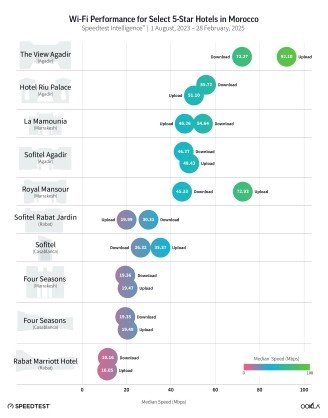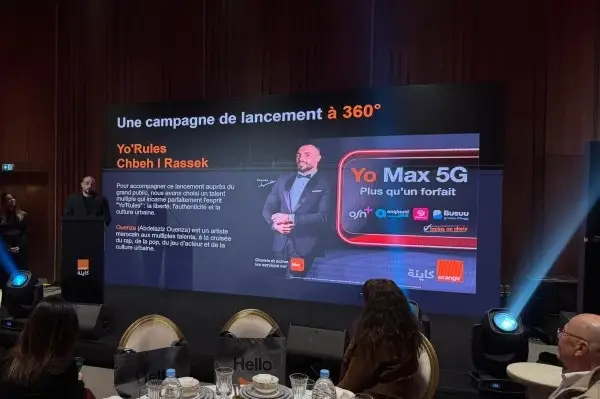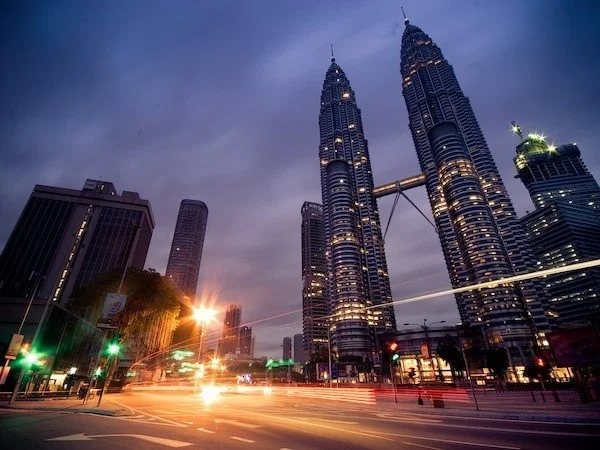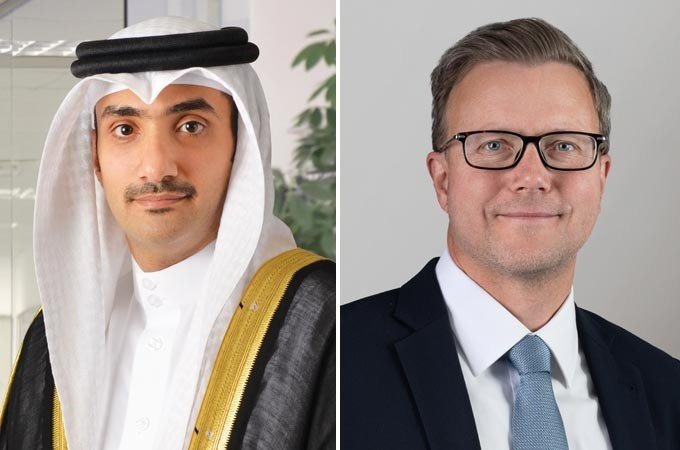Ookla, a global connectivity intelligence company, has released a detailed analysis of Morocco’s fixed network performance, focusing on its readiness to accommodate the influx of tourists and the upcoming Africa Cup of Nations (AFCON) event. The report examines the performance of fixed broadband in key tourist cities and the quality of Wi-Fi in Morocco’s top hotels, providing essential insights as the country prepares for the summer tourist season and the AFCON, set to take place from December 21, 2025, to January 18, 2026.
The report highlights the country’s rapid progress in fixed telecom infrastructure, driven by fibre optic deployments, significantly enhancing network performance. By September 2024, Morocco’s fixed wired broadband market had grown to nearly 2.6 million connections, a notable increase from over 1.6 million in 2019, according to the Moroccan telecom regulator (ANRT).
Karim Yaici, Lead Industry Analyst for the Middle East and Africa at Ookla, emphasized the importance of these infrastructure advancements: “Our analysis reveals the ongoing transformation of Morocco’s digital infrastructure, which will play a crucial role in supporting the influx of tourists and major events like the Africa Cup of Nations and the 2030 FIFA World Cup. With continued investment in fibre and the upcoming 5G rollout, Morocco is positioning itself as an attractive destination for tourists who prioritize seamless internet access.”
Ookla’s report also highlights the strong broadband performance in major cities like Rabat and Casablanca, which recorded median broadband speeds of 36.55 Mbps and 35.57 Mbps, respectively, in Q4 2024. Despite lower broadband speeds in some cities, Wi-Fi performance in high-end hotels in Agadir and Marrakesh has set a high benchmark. Luxury hotels such as The View, Hotel Riu Palace Tikida, and La Mamounia are delivering excellent Wi-Fi performance with impressive median download speeds of 72.27 Mbps, 55.72 Mbps, and 54.64 Mbps, respectively. These hotels have outperformed others in cities with higher overall broadband speeds, providing an excellent digital experience for guests.
However, some five-star hotels in Casablanca and Rabat face challenges in delivering high-quality Wi-Fi service. These hotels, despite being connected to fibre networks, show limited Wi-Fi performance, likely due to outdated or misconfigured access points. Optimizing equipment placement and upgrading systems could significantly improve connectivity and enhance the guest experience.
Looking ahead, Morocco’s broadband market is expected to continue growing, bolstered by fibre deployment and the launch of 5G technology. The Moroccan government’s ‘Maroc Digital 2030’ initiative, which has a budget of USD 1 billion, aims to connect 4.4 million households with fibre by the end of 2025 and reach 5.6 million households and 6,300 government institutions by 2030. These advancements, combined with the rollout of 5G services this year, promise to improve overall internet connectivity and further strengthen Morocco’s telecom sector, providing a robust foundation for the tourism and hospitality industries.
As Morocco prepares to host the 2025 Africa Cup of Nations and the 2030 FIFA World Cup, these infrastructure developments are critical to ensuring visitors and athletes enjoy optimal network performance.















